July 9 stands as one of history’s most eventful days, witnessing the rise and fall of empires, groundbreaking discoveries, and moments that shaped our modern world across centuries of human achievement.
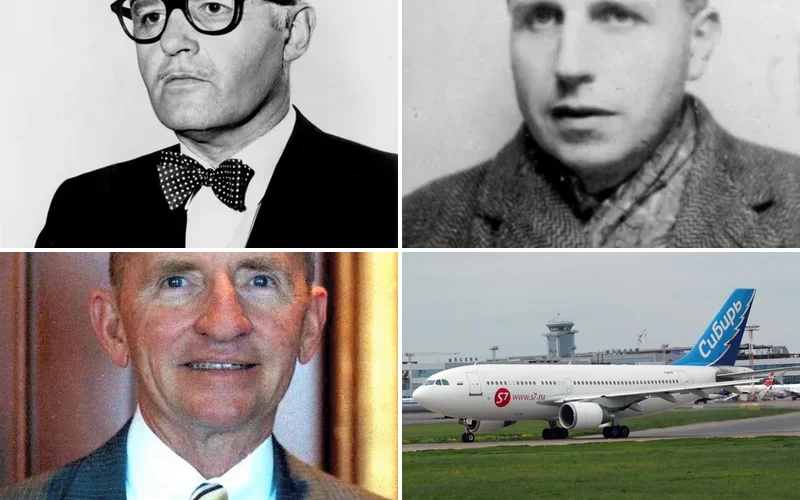
Politics and Government Events on July 9
1926 – Chiang Kai-shek Accepts Command of National Revolutionary Army
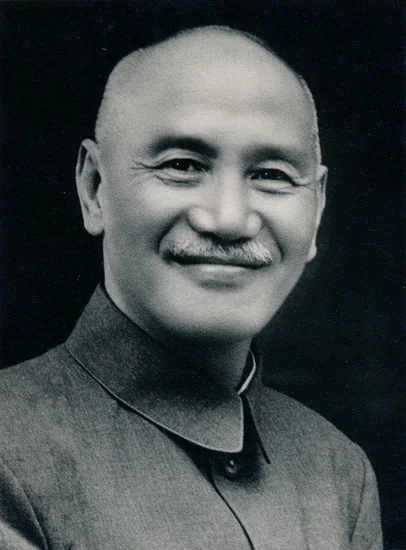
Chiang Kai-shek accepted the crucial post of commander-in-chief of the National Revolutionary Army on this pivotal date. This appointment marked the beginning of the Northern Expedition to unite China under Nationalist government rule.
The decision set in motion a campaign that would reshape modern Chinese history. Chiang’s military leadership would prove instrumental in the Nationalist struggle for control of the vast Chinese territory.
1961 – Greece Joins European Economic Community
Greece became the first member state to join the European Economic Community by signing the historic Athens Agreement. This groundbreaking move established Greece as a pioneer in European economic integration.
The agreement would later face suspension in 1967 during the Greek military junta period. Greece’s early commitment to European unity demonstrated the nation’s progressive economic vision.
1993 – Canada Passes Nunavut Act
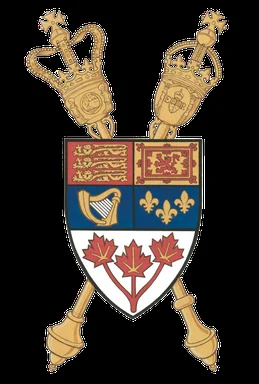
The Parliament of Canada passed the transformative Nunavut Act, leading to the 1999 creation of Nunavut territory. This legislation divided the Northwest Territories into arctic Inuit and sub-arctic Dene lands based on a democratic plebiscite.
The act represented a landmark achievement in Indigenous self-governance and territorial recognition. Canada’s commitment to respecting Indigenous territorial rights gained international recognition through this historic legislation.
2002 – Senate Report on Iraqi WMD Intelligence Released
The United States Senate Select Committee on Intelligence released its comprehensive Senate Report on Iraqi WMD Intelligence. This critical document cast significant doubt on the rationale for the Iraq War.
The report’s findings sparked intense debate about intelligence failures and political decision-making. American foreign policy faced unprecedented scrutiny following the committee’s detailed analysis.
2011 – South Sudan Gains Independence
South Sudan gained independence and successfully seceded from Sudan on this historic date. The newly formed nation celebrated its sovereignty after decades of civil conflict.
International recognition came swiftly as the world’s newest country established its place among sovereign nations. South Sudan’s independence marked the end of Africa’s longest-running civil war.
Military and Naval History on July 9
1943 – Allied Invasion of Sicily Begins
World War II entered a decisive phase as the Allied invasion of Sicily commenced on this date. The operation led directly to Mussolini’s downfall and forced Hitler to break off the Battle of Kursk.
Strategic bombing campaigns intensified as Allied forces established crucial Mediterranean footholds. The invasion opened Italy’s southern gateway and accelerated the collapse of fascist resistance.
1944 – American Forces Take Saipan
World War II American forces successfully captured Saipan, bringing the Japanese archipelago within range of devastating B-29 raids. This strategic victory caused the immediate downfall of the Tojo government.
The capture established a critical launching point for the final Pacific campaign. Japanese military leadership recognized the dire implications of losing this vital Pacific stronghold.
1944 – Finland Wins Battle of Tali-Ihantala
Finland achieved victory in the Battle of Tali-Ihantala, the largest battle ever fought in northern Europe. The Red Army withdrew its troops from Ihantala and established defensive positions.
This decisive Finnish victory effectively ended the Vyborg-Petrozavodsk Offensive campaign. Northern European military history witnessed unprecedented scale and strategic importance in this confrontation.
1937 – Oliver Law Dies in Spanish Civil War
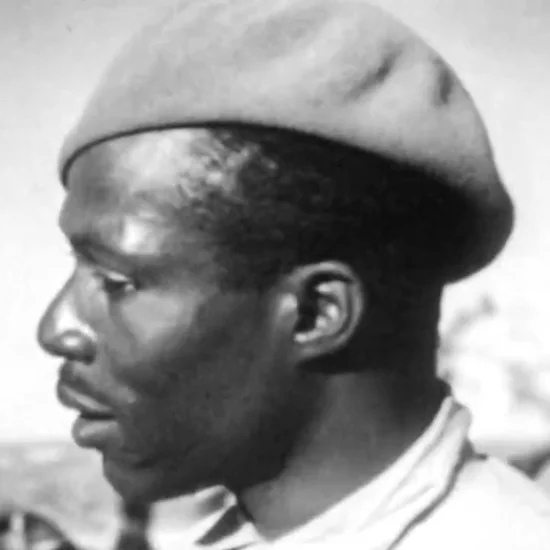
Oliver Law, the African-American commander who led integrated units in the Spanish Civil War, died on this date. His leadership broke racial barriers in international military service.
Law’s sacrifice symbolized the global struggle against fascism during the 1930s. His commanding role represented a significant milestone in military integration and civil rights progress.
Science and Discovery Milestones on July 9
1955 – Russell-Einstein Manifesto Calls for Nuclear Disarmament
The Russell-Einstein Manifesto issued its urgent call for reducing the catastrophic risk of nuclear warfare. Leading scientists worldwide united behind this crucial peace initiative.
Bertrand Russell and Albert Einstein’s collaboration represented unprecedented scientific activism for global security. The manifesto’s influence shaped international nuclear policy discussions for decades.
1958 – Alaskan Earthquake Produces Megatsunami
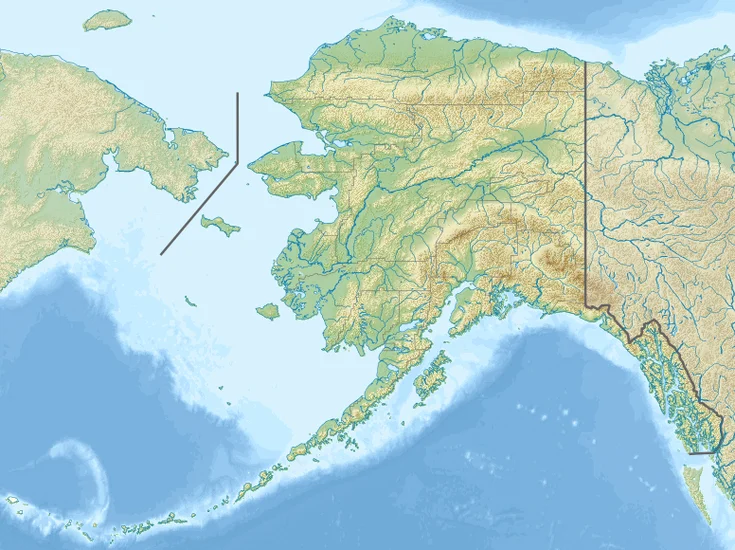
A devastating 7.8 magnitude strike-slip earthquake in Alaska triggered a landslide that produced a catastrophic megatsunami. The waves reached an unprecedented 525 meters on Lituya Bay’s rim.
Five people lost their lives in this extraordinary geological event that redefined tsunami science. The megatsunami’s scale provided crucial data for understanding seismic wave propagation.
1962 – Starfish Prime Nuclear Test
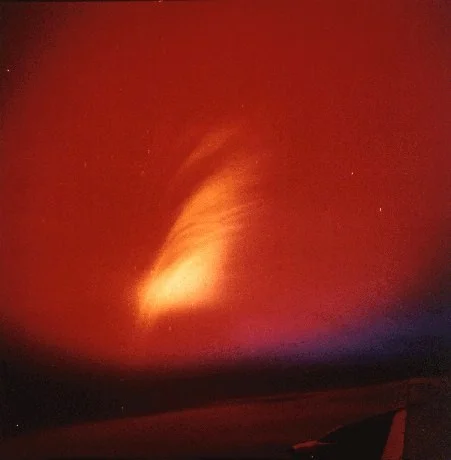
The United States conducted Starfish Prime, testing nuclear explosion effects at orbital altitudes in space. This high-altitude nuclear test provided unprecedented data on electromagnetic pulse phenomena.
The experiment demonstrated the complex interactions between nuclear weapons and Earth’s magnetosphere. Scientific communities gained valuable insights into space-based nuclear effects and atmospheric physics.
1956 – Amorgos Earthquake Strikes Greece
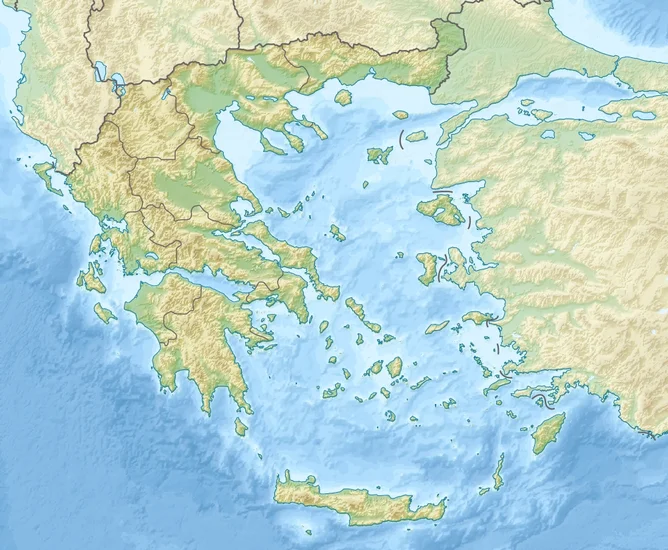
A powerful 7.7 magnitude earthquake devastated the Cyclades island group in the Aegean Sea. The violent shaking reached maximum Mercalli intensity IX, triggering a destructive tsunami.
Fifty-three people perished in the earthquake and subsequent tsunami waves that battered Greek islands. A damaging magnitude 7.2 aftershock struck minutes after the devastating mainshock.
Cultural and Arts Events on July 9
1937 – Fox Film Corporation Vault Fire Destroys Archives
The devastating 1937 Fox vault fire destroyed irreplaceable silent film archives belonging to Fox Film Corporation. Countless cinematic treasures vanished forever in the catastrophic blaze.
Film preservation efforts intensified following this tragic loss of early Hollywood heritage. The entertainment industry recognized the critical importance of protecting cultural artifacts from such disasters.
1979 – Car Bomb Targets Nazi Hunters
A car bomb destroyed the Renault automobile owned by renowned “Nazi hunters” Serge and Beate Klarsfeld outside their French home. The unsuccessful assassination attempt highlighted ongoing tensions surrounding war crimes investigations.
The attack demonstrated the dangerous work undertaken by those pursuing justice for Holocaust victims. International attention focused on protecting investigators working to bring war criminals to justice.
1999 – Iranian Student Protests Begin
Days of intense student protests erupted after Iranian police and hardliners attacked a student dormitory at the University of Tehran. The violence sparked widespread demonstrations across the country.
Student activism challenged authoritarian restrictions on academic freedom and civil liberties. The protests represented a significant moment in Iran’s ongoing struggle for democratic reforms.
Religious and Social Events on July 9
1986 – New Zealand Legalizes Homosexuality
The New Zealand Parliament passed the groundbreaking Homosexual Law Reform Act, legalizing homosexuality throughout the country. This progressive legislation marked a milestone in LGBTQ+ rights advancement.
New Zealand joined the ranks of nations embracing sexual orientation equality and human rights. The parliamentary vote reflected growing social acceptance and legal recognition of diverse relationships.
1977 – Pinochet Organizes Chacarillas Youth Event
The Pinochet dictatorship in Chile organized the Acto de Chacarillas, a ritualized youth event reminiscent of Francoist Spain. This carefully orchestrated gathering demonstrated authoritarian propaganda techniques.
The event showcased the regime’s attempts to indoctrinate Chilean youth with military nationalist ideology. International observers noted the disturbing parallels to European fascist youth movements.
1932 – São Paulo Revolts Against Brazilian Government
The state of São Paulo launched a revolt against the Brazilian Federal Government, initiating the Constitutionalist Revolution. This regional uprising challenged centralized federal authority and demanded constitutional governance.
The revolution reflected deep tensions between state autonomy and federal control in Brazilian politics. São Paulo’s rebellion highlighted the ongoing struggle for democratic institutions and regional representation.
Business and Economic Events on July 9
2002 – African Union Established
The African Union officially established itself in Addis Ababa, Ethiopia, replacing the Organization of African Unity. Thabo Mbeki, President of South Africa, became the organization’s first chairman.
This continental transformation aimed to promote African economic integration and political cooperation. The new organization represented ambitious goals for African unity and development coordination.
2006 – S7 Airlines Flight 778 Crashes

One hundred and twenty-five people died when S7 Airlines Flight 778, an Airbus A310, veered off the runway at Irkutsk Airport in Siberia. Wet weather conditions contributed to the devastating crash.
The aviation disaster highlighted safety concerns affecting Russian airline operations during challenging weather. International aviation authorities examined runway safety protocols following this tragic accident.
1982 – Pan Am Flight 759 Crashes

Pan Am Flight 759 crashed in Kenner, Louisiana, killing all 145 people aboard and eight others on the ground. The tragic accident devastated the local community and airline industry.
Microbursts and severe weather conditions contributed to the aircraft’s fatal descent during takeoff. Aviation safety regulations underwent significant revisions following detailed crash investigations.
Transportation and Infrastructure on July 9
1918 – Deadliest US Rail Accident
An inbound local train collided with an outbound express in Nashville, Tennessee, creating the deadliest rail accident in United States history. The catastrophic collision killed 101 people and injured 171 others.
Railroad safety protocols underwent comprehensive review following this devastating tragedy. The accident highlighted critical flaws in train scheduling and communication systems throughout the American rail network.
1997 – Brazilian Airline Explosion
An explosion aboard a Brazilian TAM Fokker 100 launched engineer Fernando Caldeira de Moura Campos into a terrifying 2,400-meter free fall. The unprecedented aviation incident shocked the international flying community.
Campos survived the extraordinary fall, defying all mathematical probability and medical expectations. Aviation safety experts studied this remarkable case to understand emergency survival possibilities.
1995 – Navaly Church Bombing
The Sri Lanka Air Force carried out the devastating Navaly church bombing, killing 125 Tamil civilian refugees. This tragic attack intensified ethnic tensions during the ongoing civil conflict.
International humanitarian organizations condemned the bombing as a violation of civilian protection principles. The incident highlighted the devastating impact of ethnic warfare on innocent populations.
Sports and Recreation on July 9
1922 – Johnny Weissmuller Breaks Swimming Record

Johnny Weissmuller swam the 100 meters freestyle in 58.6 seconds, breaking the world swimming record and the coveted ‘minute barrier.’ This athletic achievement revolutionized competitive swimming expectations.
Weissmuller’s record-breaking performance established new standards for aquatic athletic excellence. His swimming prowess would later translate into Hollywood fame as the iconic movie Tarzan.
2011 – Malaysian Election Reform Rally

A massive rally took place in Kuala Lumpur, Malaysia, calling for fairer elections throughout the country. Thousands of citizens gathered to demand democratic reforms and electoral transparency.
The peaceful demonstration reflected growing public desire for political accountability and democratic governance. Malaysian civil society organizations coordinated this significant display of democratic engagement.
1955 – Racing Driver Don Beauman Dies

English race car driver Don Beauman died on this date at the young age of 28. His promising motorsport career ended tragically during the dangerous early era of professional racing.
Beauman’s death highlighted the extreme risks faced by pioneering race car drivers. The motorsport community mourned the loss of a talented competitor who embodied racing’s adventurous spirit.
Notable Births on July 9
1956 – Tom Hanks Born

American actor Tom Hanks was born on this date, destined to become one of Hollywood’s most beloved performers. His childhood in California shaped his future entertainment career.
Hanks would later win multiple Academy Awards for his compelling dramatic performances. His versatility as both actor and director established him as a Hollywood icon.
1916 – Edward Heath Born
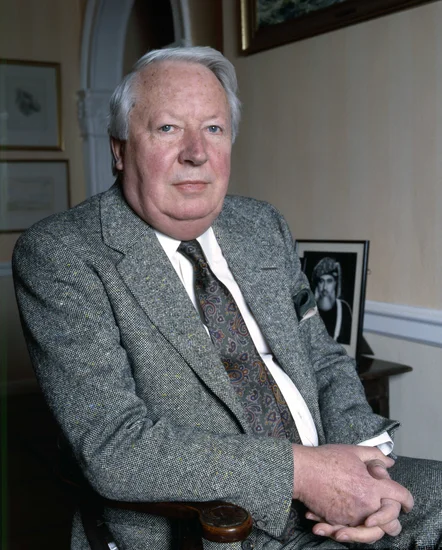
Edward Heath entered the world as a future Prime Minister of the United Kingdom. His political career would span decades of British governmental service.
Heath served as Prime Minister from 1970 to 1974, leading the Conservative Party through challenging economic times. His leadership during Britain’s European Community entry proved historically significant.
1911 – John Archibald Wheeler Born
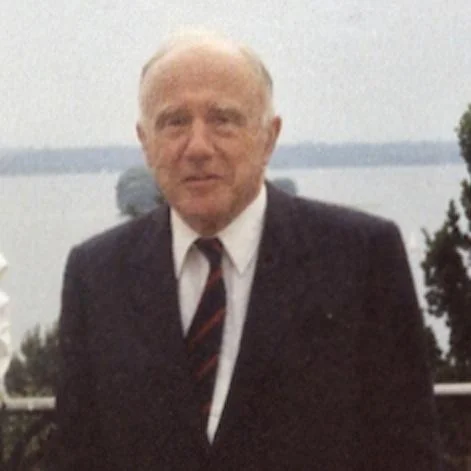
American physicist John Archibald Wheeler was born, destined to become a pioneering theoretical physicist. His scientific curiosity would lead to groundbreaking discoveries.
Wheeler coined the term “black hole” and made crucial contributions to nuclear physics. His work on quantum mechanics and general relativity advanced modern physics understanding.
1933 – Oliver Sacks Born

Oliver Sacks was born in England, later becoming a renowned neurologist and author. His medical career would bridge scientific research and popular literature.
Sacks authored bestselling books about neurological conditions and human consciousness. His compassionate approach to medicine inspired countless healthcare professionals worldwide.
1901 – Barbara Cartland Born

Barbara Cartland was born in England, destined to become one of the world’s most prolific romance novelists. Her literary career would span nearly eight decades.
Cartland published over 700 romantic novels, earning recognition in the Guinness Book of Records. Her distinctive writing style influenced the romance genre for generations.
1929 – Hassan II of Morocco Born
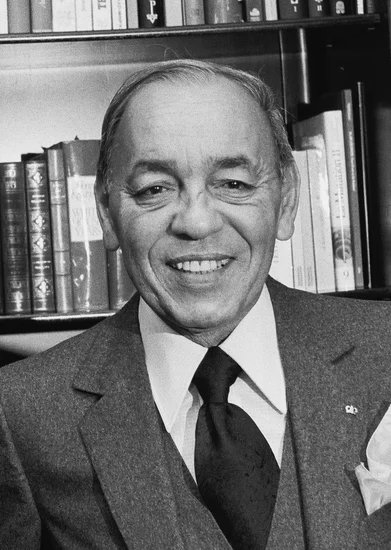
Hassan II of Morocco was born, future ruler of the North African kingdom. His reign would significantly impact Moroccan modernization and international relations.
Hassan II ruled Morocco for nearly four decades, balancing traditional monarchy with modern governance. His leadership navigated complex regional politics and economic development challenges.
1964 – Courtney Love Born

American singer-songwriter and actress Courtney Love was born on this date. Her musical career would define alternative rock’s rebellious spirit.
Love’s band Hole achieved critical acclaim during the grunge movement era. Her artistic expression challenged conventional boundaries in music and entertainment.
1935 – Mercedes Sosa Born
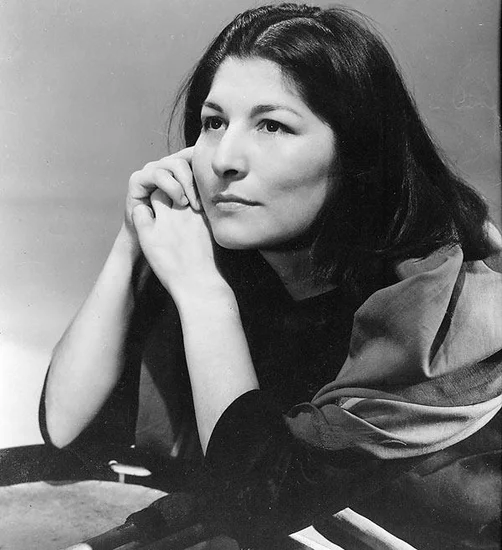
Argentine singer Mercedes Sosa was born, destined to become the “Voice of Latin America.” Her powerful vocals would inspire social justice movements.
Sosa’s folk music carried messages of hope and resistance throughout Latin America. Her artistic legacy continues influencing musicians and activists worldwide.
Notable Deaths on July 9
1974 – Earl Warren Dies
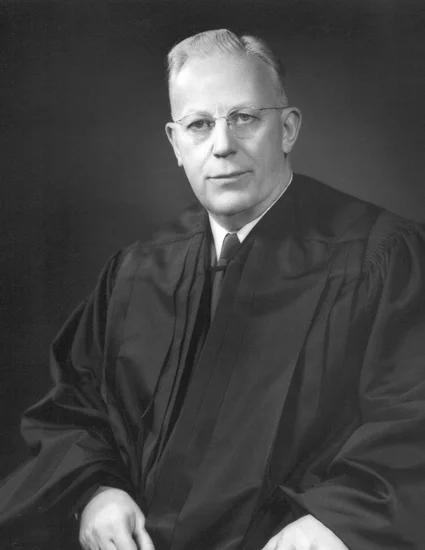
Earl Warren, the 14th Chief Justice of the United States, died on this date. His judicial leadership transformed American civil rights and constitutional law.
Warren presided over landmark cases including Brown v. Board of Education that ended school segregation. His progressive judicial philosophy advanced equality and social justice throughout America.
2002 – Rod Steiger Dies
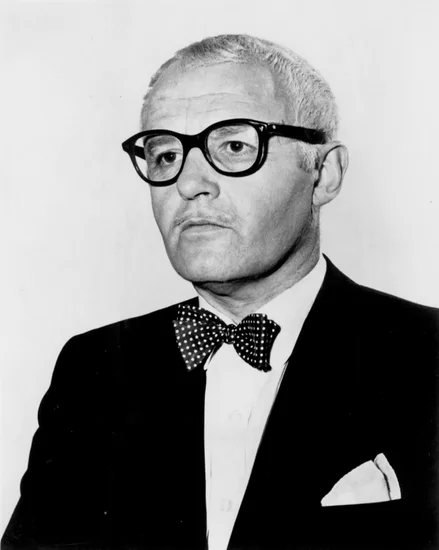
American actor Rod Steiger died, ending a distinguished career spanning five decades. His intense dramatic performances earned critical acclaim and multiple awards.
Steiger won an Academy Award for his role in “In the Heat of the Night.” His method acting approach influenced generations of performers in theater and film.
2019 – Ross Perot Dies
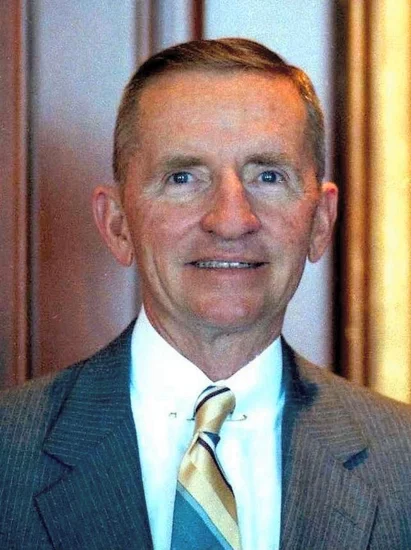
American businessman and politician Ross Perot died, concluding a remarkable career in business and politics. His entrepreneurial success enabled significant political influence.
Perot’s independent presidential campaigns in 1992 and 1996 challenged traditional two-party politics. His business acumen and political activism left lasting impacts on American electoral processes.
1962 – Georges Bataille Dies
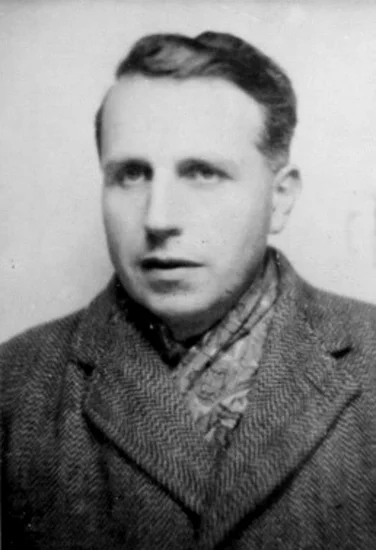
French philosopher Georges Bataille died, ending an influential intellectual career. His philosophical writings explored human nature, sexuality, and existential themes.
Bataille’s avant-garde literature challenged conventional moral and philosophical boundaries. His intellectual contributions influenced postmodern thought and literary criticism.
1980 – Vinicius de Moraes Dies
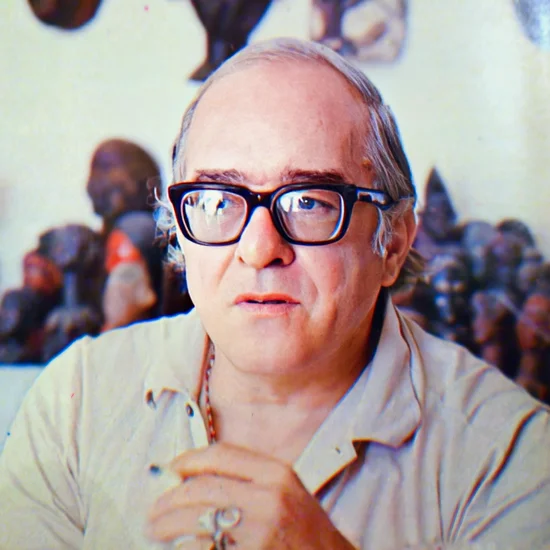
Brazilian poet, playwright, and composer Vinicius de Moraes died, concluding a brilliant artistic career. His creative works helped define Brazilian cultural identity.
Moraes co-wrote “The Girl from Ipanema” and other bossa nova classics. His poetic lyrics and musical collaborations achieved international recognition and cultural significance.
1985 – Charlotte, Grand Duchess of Luxembourg Dies
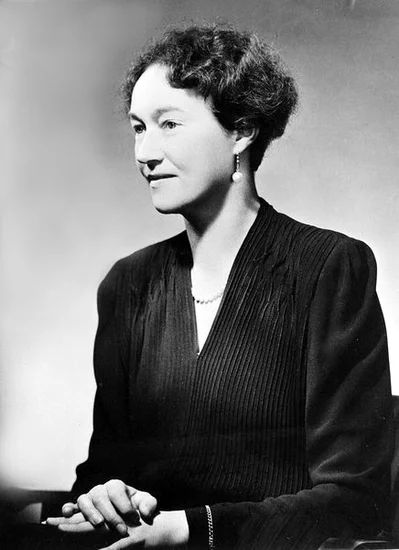
Charlotte, Grand Duchess of Luxembourg, died after a long reign over the small European nation. Her leadership guided Luxembourg through world wars and peacetime prosperity.
Charlotte’s reign spanned nearly five decades of European transformation and modernization. Her diplomatic skills helped establish Luxembourg’s important role in European integration.
1999 – Robert de Cotret Dies
Robert de Cotret, Canadian politician and 56th Secretary of State for Canada, died on this date. His governmental service contributed to Canadian federal administration.
De Cotret’s political career included significant roles in economic policy and federal governance. His contributions to Canadian public service earned respect across party lines.
2019 – Fernando de la Rúa Dies

Fernando de la Rúa, the 43rd President of Argentina, died, ending a complex political career. His presidency faced severe economic challenges and social unrest.
De la Rúa’s term ended amid Argentina’s devastating economic crisis and political upheaval. His political legacy reflects the difficulties of governing during economic turbulence.
Holidays and Observances on July 9
Independence Day Celebrations
July 9 marks Independence Day for South Sudan, celebrating the nation’s independence from Sudan in 2011. This newest African country commemorates its sovereignty with national celebrations.
The holiday represents the culmination of decades of struggle for self-determination. South Sudanese communities worldwide gather to celebrate their national identity and cultural heritage.
Argentina’s Independence Day
Argentina celebrates Independence Day on July 9, commemorating the declaration of independence of the United Provinces of South America by the Congress of Tucumán in 1816. This historic declaration established Argentine sovereignty.
The holiday honors the patriots who fought for liberation from Spanish colonial rule. Argentine communities celebrate with parades, cultural events, and patriotic ceremonies throughout the country.
Constitution Day Observances
Palau observes Constitution Day on July 9, celebrating the adoption of their national constitution. This Pacific island nation honors the foundational document that established their democratic governance.
The holiday emphasizes constitutional principles and democratic values in Palauan society. Citizens participate in civic ceremonies and educational programs about their governmental system.
Nunavut Day
Nunavut observes Nunavut Day on July 9, celebrating the territory’s unique cultural identity and self-governance. This Canadian territory honors its Indigenous heritage and political autonomy.
The observance includes traditional Inuit cultural activities and community gatherings. Nunavut residents celebrate their distinctive Arctic culture and territorial achievements.
